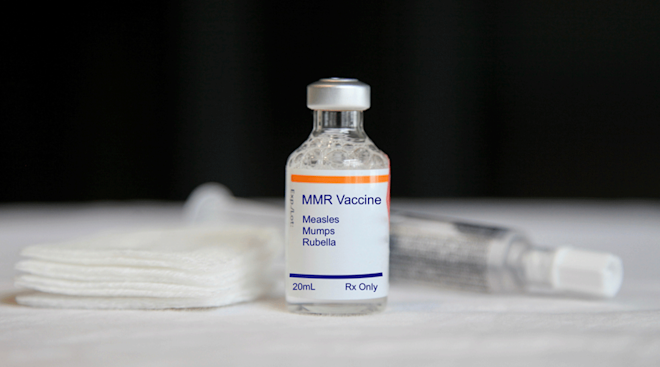Walking Pneumonia Cases Spike Among Kids, CDC Reports
If your child has a cough that just won’t quit, you aren’t alone, in fact they may be part of a growing outbreak of mycoplasma pneumonia.
Often called “walking pneumonia,” the Centers for Disease Control and Prevention (CDC) recently issued a bulletin alerting parents and healthcare providers to a rise in cases. Walking pneumonia often resembles a common cold, with symptoms like sore throat, runny nose, headache and fatigue. The telltale difference? A deep, hacking cough that persists for days or even weeks, often worsening over time.
Typically found in kids ages 5-17, this recent spike has shown a surprising increase in cases among younger children, ages 2-4. According to the CDC, the percentage of 2- to 4-year-olds visiting the ER for pneumonia and testing positive for Mycoplasma rose from 1 percent in April 2024 to 7.2 percent in early October—a sevenfold increase. Diagnoses in older kids also doubled during this period, from 3.6 percent to 7.4 percent.
Despite this rise, the CDC suggests cases likely peaked in August and should gradually decline in the coming months. The silver lining? True to its name, walking pneumonia is generally mild in most children. In fact, around 75 percent recover without medical treatment, with hydration and rest being sufficient.
So when should you take your child to the doctor? Experts recommend seeking medical care if your child struggles to breathe, isn’t drinking enough fluids to stay hydrated, appears unusually drowsy, or has a fever lasting more than five days. Mycoplasma pneumonia requires specific testing and antibiotics, after which your child should improve quickly—though they may continue to spread the infection to others for several weeks.
Mycoplasma pneumonia is one of several respiratory infections—like whooping cough and RSV—on the rise as families head into winter. For tips on keeping your child healthy this season, check out these quick health tips.
Please note: The Bump and the materials and information it contains are not intended to, and do not constitute, medical or other health advice or diagnosis and should not be used as such. You should always consult with a qualified physician or health professional about your specific circumstances.
Navigate forward to interact with the calendar and select a date. Press the question mark key to get the keyboard shortcuts for changing dates.





















































